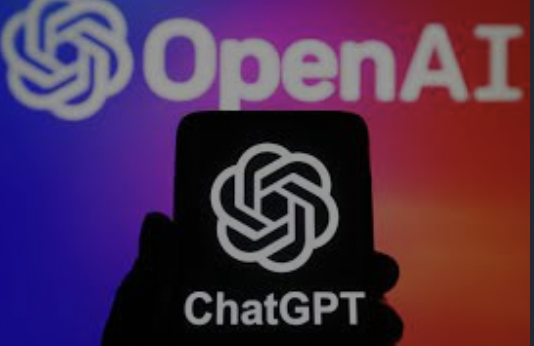
The technology juggernaut, OpenAI, is making waves with its GPT-3 model, a highly advanced language processing tool known as ChatGPT. This AI-powered tool is so powerful and convincing that it’s becoming increasingly difficult for most people to discern AI-generated content from human-generated content, including instances of misinformation or ‘fake news’.
A recent study involving almost 700 individuals has shed light on this startling reality. Researchers presented participants with a selection of 220 tweets discussing high-interest topics such as COVID-19, 5G, vaccines, and evolution. Some tweets accurately represented facts, while others propagated misinformation. The intriguing aspect? Many of these tweets were generated by OpenAI’s ChatGPT, and the participants were largely unaware.
The study’s findings, published in the journal Scientific Advances, reveal the paradoxical nature of GPT-3 – a ‘double-edged sword’. It’s a tool capable of creating content that’s easier to understand and simultaneously, disconcertingly proficient at disseminating compelling disinformation.
The implications of these findings are particularly concerning given that education does not appear to provide a surefire defense against AI-propagated misinformation. The majority of participants held bachelor’s degrees in disciplines such as the social sciences, humanities, natural sciences, or medical sciences. Yet, they struggled to distinguish between human and AI-generated content, regardless of its accuracy. This diverse group hailed from various English-speaking nations, including the United States, Canada, United Kingdom, Ireland, and Australia.
Generative AI platforms, such as ChatGPT, have been integrated into numerous business applications since their introduction. They’ve proven invaluable in roles such as drafting emails or coding, acting as turbo-charged productivity tools that boost efficiency across diverse industries.
The Internet Patrol is completely free, and reader-supported. Your tips via CashApp, Venmo, or Paypal are appreciated! Receipts will come from ISIPP.
However, it’s critical to acknowledge that AI, like any other technology, has a dark side. Several studies have highlighted the potential misuse of these platforms. For example, one report identified how Google Bard could be exploited to circulate misinformation. Another alarming case saw an attorney attempting to fabricate a citation using ChatGPT.
These instances of misuse have led to heightened caution around generative AI technologies. Companies such as Apple and Samsung have taken preemptive measures, restricting their employees’ use of such technology. Concerns about potential security vulnerabilities even reached Congress, prompting limitations on the use of ChatGPT due to fears of cybersecurity gaps.
In summary, while platforms like ChatGPT are, in essence, neutral technological tools, their ultimate impact on society depends significantly on the intent behind their use. Absent robust regulatory oversight, we risk being overwhelmed by a flood of disinformation beyond our control. As we continue to integrate AI into our daily lives, it’s paramount that we remain vigilant, informed, and proactive in our approach to manage this double-edged sword.
The Internet Patrol is completely free, and reader-supported. Your tips via CashApp, Venmo, or Paypal are appreciated! Receipts will come from ISIPP.









